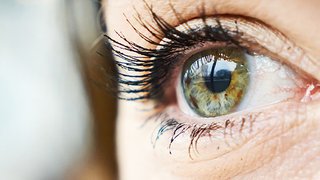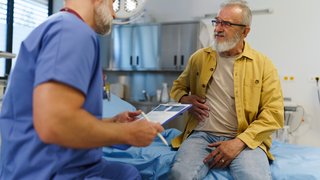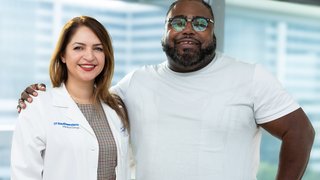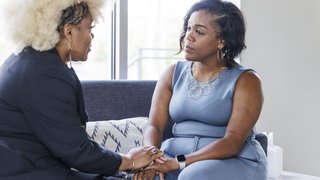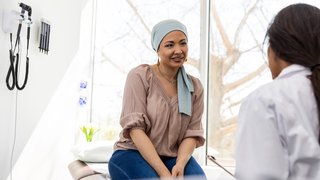
Recently, Angelina Jolie informed the world through two New York Times opinion articles that she had her breasts and ovaries removed after learning she had a BRCA1 mutation. She emphasized that her decision to have genetic testing and subsequent surgeries was highly personal and based on her own family history. Genetic counselors help patients work through their own family history and family dynamics. Each patient has a unique perspective about cancer and what he or she would do if informed of a mutation. The decision is complex, whether or not the patient has cancer.
There are frequent questions, such as:
- How should I tell my family?
- Will I get another cancer?
- How will this impact my children?
- Will this affect my treatment?
Genetics counselors are there throughout to help patients work through these questions.
Another source for answering such questions is a forthcoming book, A Cancer in the Family, which Dr. Theodora Ross wrote specifically to help patients and their doctors alike who wonder whether the patient has a genetic predisposition to cancer and, if so, what to do about it. Using case histories, the book describes the challenges and choices that come with hereditary cancer. With an estimated 1.3 million Americans affected by hereditary cancers, both in-person counseling and accurate written information about hereditary cancer are needed for optimal patient care. A Cancer in the Family will be available February 2016.



